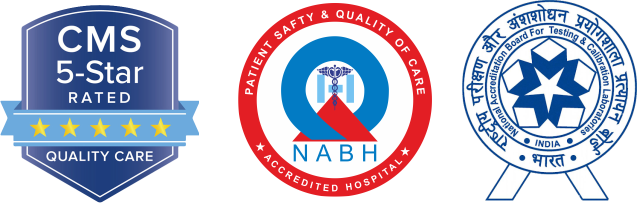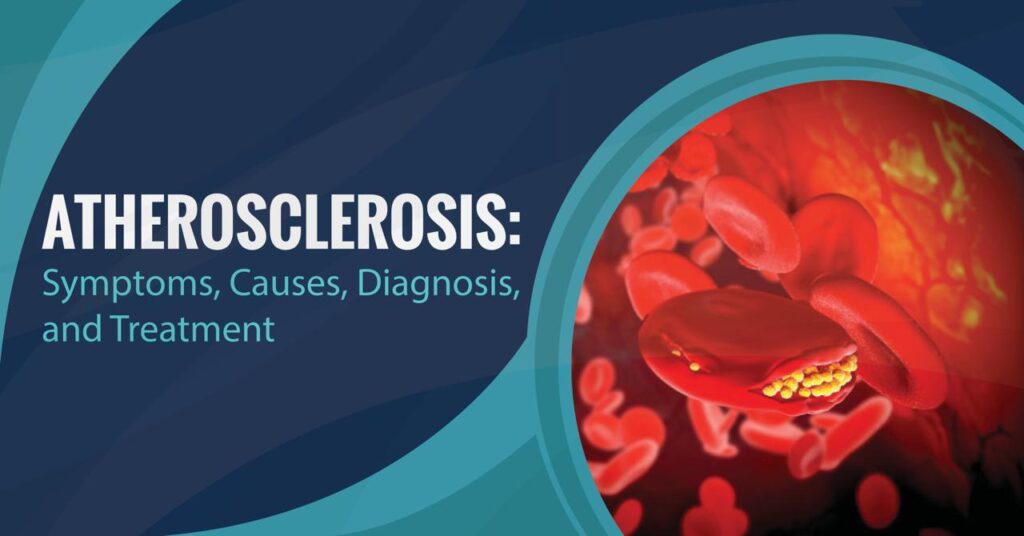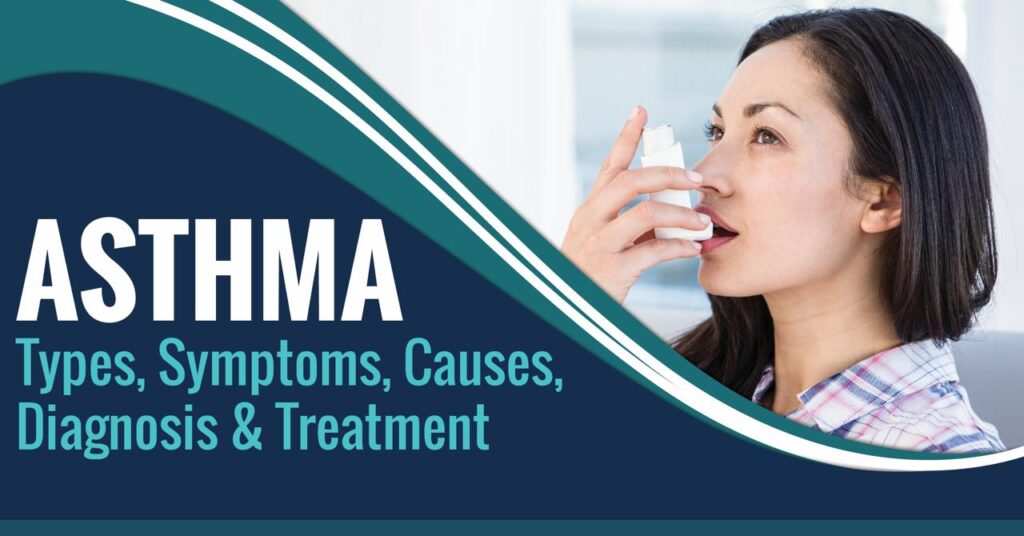Everyone who has spent time near the weights in a gym has probably seen or overheard someone discussing taking creatine. It could be difficult to determine the ideal timing for taking this supplement to get the most advantages given all the rumors that surround it.
You might not even be certain that consuming creatine is necessary or even beneficial. Thus, allow us to assist you in understanding what creatine is, When to Take Creatine, and how it can function best for you.
What is Creatine?
Glycine and arginine combine to generate the amino acid derivative known as creatine. The components of proteins known as amino acids are also known as the “building blocks of life” since they serve as the basis for protein synthesis.
Your body needs 20 distinct kinds of amino acids to function. In various combinations, these molecules result in various forms of protein. The body can create enough of certain amino acids, also referred to as nonessential amino acids.
Others, referred to as essential amino acids, must only be received from the diet because the body is unable to manufacture them. Though they may not always be required, some amino acids must be included in the diet when under stress or when unwell. These amino acids are categorized as conditionally essential.
Every day, your body naturally manufactures one gram of creatine. Creatine is naturally produced by the body, but it is also eliminated daily. Several foods, including beef and other red meat, poultry, milk, some seafood, and cheese, contain creatine; however, the amount present in these foods is quite modest.
Also, as creatine is mostly found in animal products, vegetarians and vegans run the danger of having low quantities of creatine in their muscles. About 95% of the creatine in your body is kept in the muscle cells, where it aids in the synthesis of the chemical ATP.
You Can Also Read:- Aspergillosis: Types, Causes, Symptoms, Diagnosis & Treatment
Benefits of Creatine
Creatine is present in the majority of sports nutrition products. Creatine has additional potential advantages aside from its effects on muscle mass and sports performance.
Improves Athletic Performance
Creatine supplements help athletes perform better during intense workouts or heavy lifting by increasing the amount of energy available in their muscles. In addition to enhancing post-workout recovery and injury prevention, creatine may also enhance sports performance.
Creatine supplements may boost exercise performance by 10–20% for regular exercisers who lift weights or engage in a range of athletic pursuits like golf, volleyball, ice hockey, running, and swimming.
Increases Muscle Mass and Strength
For athletes, creatine boosts cellular energy during anaerobic exercises like strength training and reduces muscle protein breakdown, increasing lean body mass. Increased muscle mass has the potential to improve physical performance and increase endurance.
Creatine may aid older persons who are experiencing sarcopenia, or age-related muscle loss. Aging’s associated decrease in muscular mass and strength can seriously restrict daily life and activities.
Despite conflicting findings in the literature, an analysis of 22 trials revealed that resistance exercise coupled with creatine supplementation increased muscle mass and both upper and lower body strength in participants between the ages of 57 and 70.
Creatine has also been advocated as a supplement to help with muscle strength after prolonged periods of immobility and as a tool for physical rehabilitation following injury. Its efficacy in these ways needs to be confirmed by additional research.
May Help Manage Type 2 Diabetes
People with type 2 diabetes may be better able to control their blood sugar levels by taking a creatine supplement. According to some research, taking creatine supplements increases glucose uptake into cells and insulin sensitivity, which could result in better blood sugar control both immediately following meals and over the long term.
The results of preliminary research indicate that taking 3-6g of creatine for five days lowers blood glucose levels in people who have recently been diagnosed with type 2 diabetes. In actuality, 500mg of the twice-daily diabetes medication metformin had an effect comparable to 3g of creatine taken twice daily.
Any relationship needs to be confirmed by additional research. Given that we only know the effects of creatine on diabetes for the first five days, the research would also need to be conducted over longer periods.
May Aid Brain Health
The impact of creatine on mental health has been controversial. One study, for instance, found that among U.S. adults 60 and older, those who consumed 0.95g of creatine daily performed better on a test that required participants to match symbols and numbers. Other studies in older adults have not found a difference in cognitive function between creatine users and placebo users.
Creatine supplementation may boost adults’ mental acuity, reasoning, and short-term memory. However, young adults have not been shown to experience these effects.
May Support Heart Health
For those with myocardial ischemia, which has decreased blood flow to the heart, taking creatine supplements may support heart health.
In one study, it was discovered that creatine increased the amount of energy the heart could use, lowered the frequency of arrhythmias, and enhanced overall heart function. According to the researchers, larger studies are required to confirm these findings.
You can also read:- White Spots on Tonsils: Causes, Symptoms, Treatment, and Risks
Side Effects of Creatine
If you experience any of the following symptoms of an allergic reaction to creatine: hives; trouble breathing; or swelling of your face, lips, tongue, or throat, seek emergency medical attention.
If you develop any of the following symptoms, stop using creatine immediately and contact your healthcare provider:
● heartbeats that are racing or fluttering;
● breathing issues;
● swollen, quickly gaining weight;
● dehydration symptoms include extreme thirst or heat, inability to urinate, heavy perspiration, or hot, dry skin;
● electrolyte imbalance symptoms include dry mouth, increased thirst, drowsiness, restlessness, confusion, nausea, vomiting, increased urination, muscle pain or weakness, a rapid heartbeat, dizziness, fainting, or convulsions.
There are several typical side effects of creatine:
● nausea and abdominal pain;
● diarrhea;
● cramps in the muscles;
● weight gain.
When to take Creatine?
You might be wondering when to take creatine now that you understand what it is and how it benefits the body. Before or following a workout, should you take creatine?
According to research, it’s best to take creatine right before or right after your workout. These findings came from a test in which two groups of participants took creatine at various times:
● Creatine is taken in the morning and at night — Participants in the study who took creatine in the morning and at night as a typical dietary supplement saw some benefits. Their muscle mass increased. They avoided taking creatine right before a workout.
● Creatine just before or just after exercise — A different group of participants took creatine either just before or just after exercise. Compared to the first group, they developed more muscle.
According to these studies, the best results come from taking creatine right before a workout. Furthermore, compared to pre-workout supplements, post-workout creatine might result in stronger strength gains.









